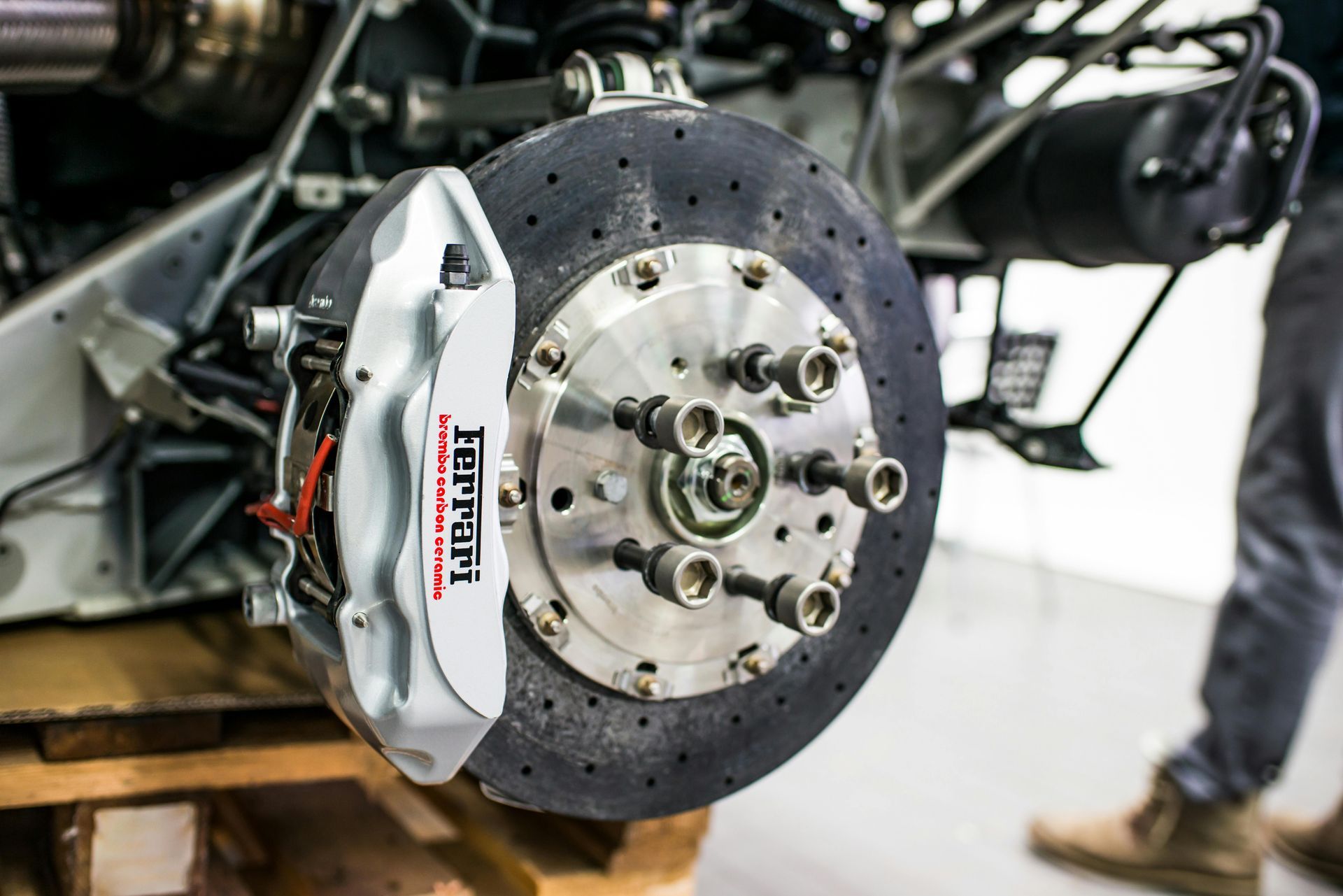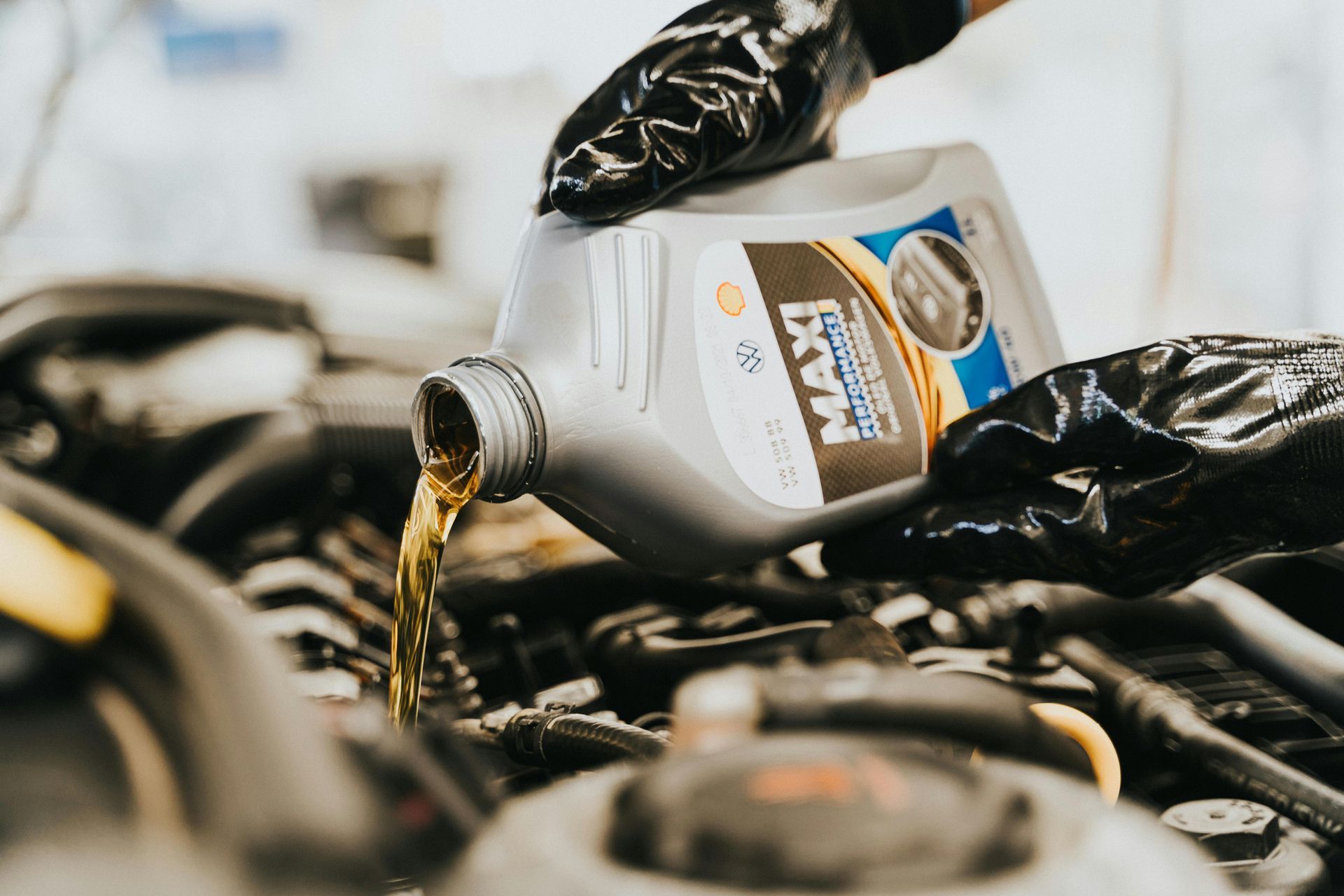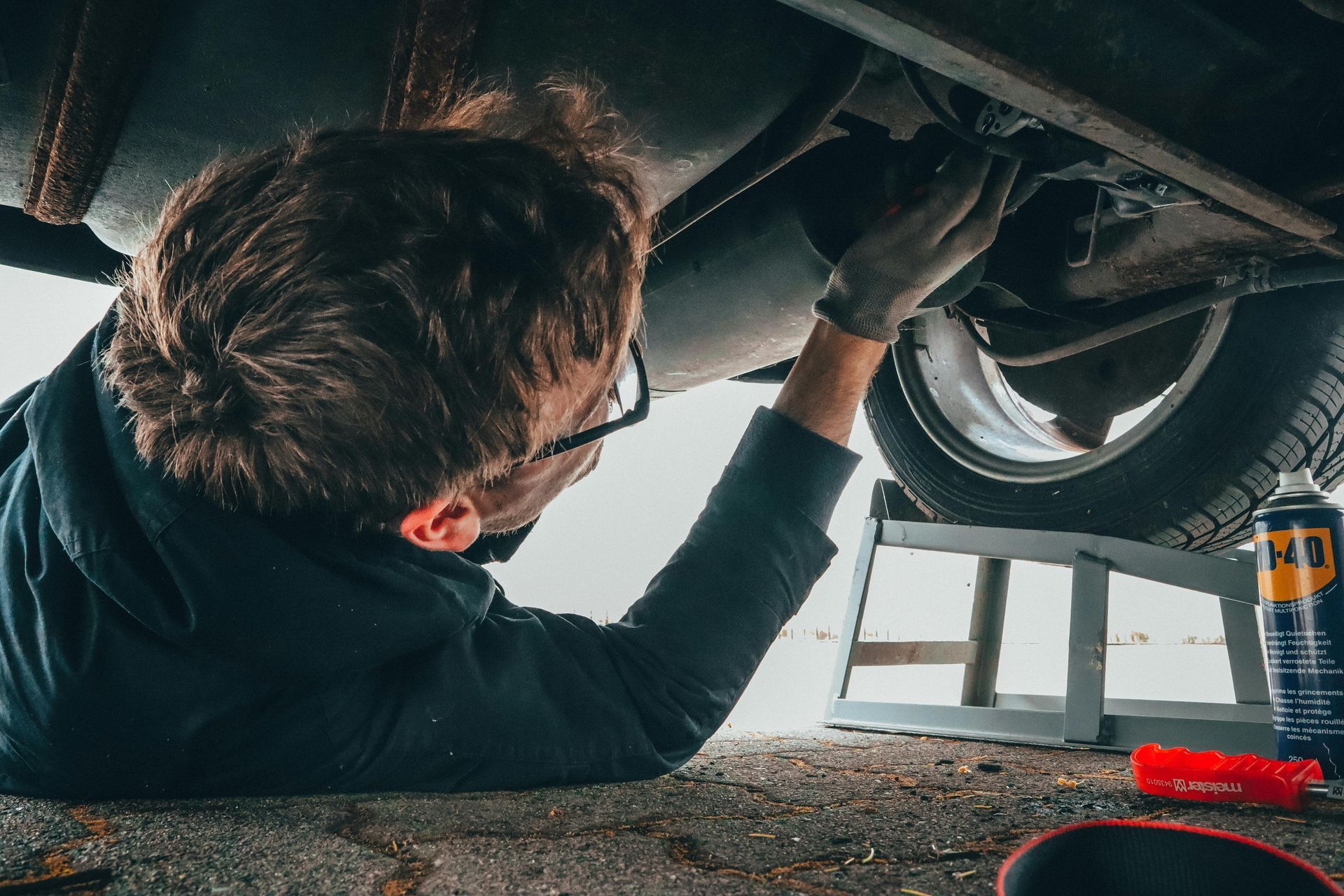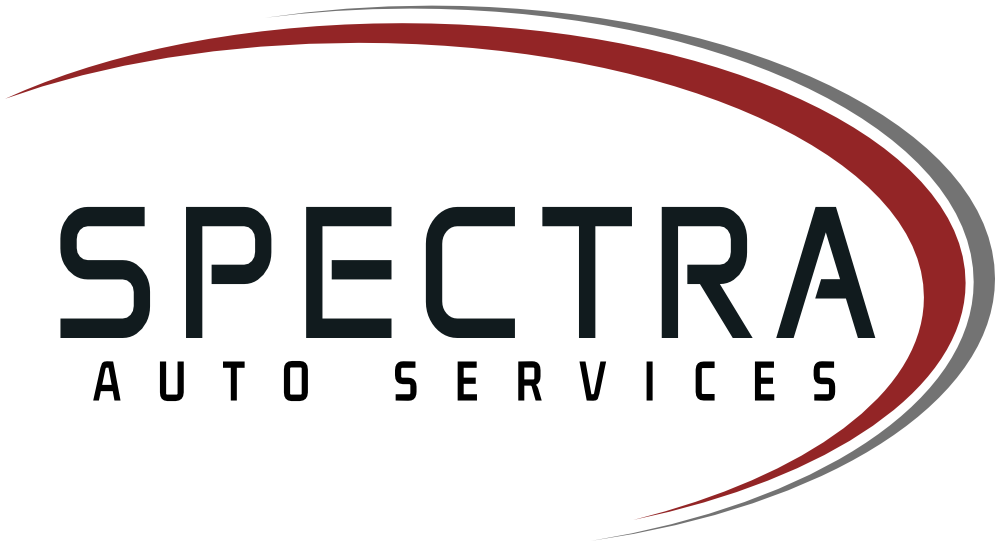Maximizing Your Vehicle's Lifespan Through Regular Maintenance in Frederick
In today's economy, keeping your car running reliably for as long as possible isn't just smart – it's essential. For drivers in Frederick and throughout Maryland, where we face everything from summer heat waves to winter ice storms, proper maintenance becomes even more critical for vehicle longevity. With the right approach to regular maintenance, you can easily extend your car's life well beyond 200,000 miles while saving thousands of dollars compared to frequent vehicle replacements.
Modern vehicles are built to last longer than ever before, but they only reach their potential with consistent care. Frederick's diverse driving conditions – from stop-and-go traffic on Market Street to highway speeds on Route 15 – create unique maintenance demands that, when properly addressed, can keep your vehicle running smoothly for decades.
The Financial Benefits of Long-Term Vehicle Ownership
The average new car payment in America exceeds $700 per month, making vehicle longevity a significant financial advantage. A well-maintained vehicle that lasts 15-20 years instead of 8-10 years can save you tens of thousands of dollars in car payments, registration fees, and insurance costs.
Cost comparison over 20 years:
- Regular maintenance: $15,000-$25,000
- Buying new cars every 8 years: $50,000-$80,000
- Major repairs on neglected vehicles: $30,000-$50,000
For Frederick families, this difference can mean the ability to save for college, home improvements, or retirement instead of perpetual car payments.
Foundation Maintenance: Oil Changes and Filters
Regular oil changes form the foundation of vehicle longevity. Fresh oil lubricates engine components, reduces friction, and helps regulate temperature. In Maryland's climate extremes, quality oil becomes even more important for protecting your engine.
Optimal Oil Change Intervals
Modern vehicles typically need oil changes every 7,500 to 10,000 miles with synthetic oil, or every 3,000 to 5,000 miles with conventional oil. However, Frederick's driving conditions may require more frequent changes:
- Stop-and-go traffic: Increases oil breakdown
- Short trips: Don't allow oil to reach optimal operating temperature
- Extreme temperatures: Stress oil beyond normal conditions
- Dusty conditions: Contaminate oil faster
Air Filter Maintenance
Clean air filters ensure proper engine breathing and fuel efficiency. Maryland's seasonal pollen and construction dust can clog filters quickly, reducing engine performance and potentially causing damage.
Cooling System Care for Maryland's Climate
Maryland's temperature extremes put significant stress on cooling systems. Summer temperatures in the 90s followed by winter lows below freezing create expansion and contraction cycles that can damage hoses, seals, and other components.
Coolant System Maintenance
- Coolant flushes: Every 30,000-50,000 miles removes corrosion and contamination
- Hose inspection: Check for cracks, soft spots, or bulges
- Radiator cleaning: Remove debris that blocks airflow
- Thermostat testing: Ensure proper temperature regulation
Proper cooling system maintenance prevents overheating damage that can cost thousands in engine repairs or replacement.
Transmission Longevity Through Regular Service
Transmissions are among your vehicle's most expensive components, making their care crucial for long-term vehicle viability. Regular transmission service can extend transmission life from 100,000 miles to 200,000 miles or more.
Transmission Fluid Service
Fresh transmission fluid lubricates components, provides hydraulic pressure, and helps regulate temperature. Old fluid becomes contaminated and loses its protective properties, leading to internal damage.
Service intervals vary by vehicle type and driving conditions, but Frederick's hills and traffic typically require service every 30,000-60,000 miles.
Brake System Maintenance for Safety and Longevity
Regular brake maintenance not only ensures safety but also prevents expensive damage to rotors, drums, and other components. Catching brake issues early can save hundreds of dollars in repairs.
Brake Service Components
- Brake fluid: Replace every 2-3 years to prevent moisture contamination
- Brake pads: Replace before they damage rotors
- Brake rotors: Resurface or replace as needed
- Brake lines: Inspect for corrosion or damage
Maryland's varied terrain, from Frederick's hills to coastal areas, puts different demands on brake systems throughout the state.
Tire Care: Your Connection to the Road
Proper tire maintenance affects safety, fuel economy, and vehicle longevity. Well-maintained tires last longer and protect suspension components from excessive wear.
Tire Maintenance Essentials
- Regular rotation: Every 5,000-7,500 miles ensures even wear
- Proper inflation: Check monthly for optimal performance
- Alignment checks: Prevent premature tire wear
- Balancing: Reduces vibration and uneven wear
Maryland's potholes and road conditions can quickly knock wheels out of alignment, making regular checks important for tire longevity.
Battery and Electrical System Care
Modern vehicles rely heavily on electrical systems, making battery and charging system maintenance crucial for long-term reliability.
Battery Maintenance Tips
- Regular testing: Check battery capacity annually
- Clean terminals: Prevent corrosion buildup
- Secure mounting: Ensure proper battery placement
- Charging system checks: Test alternator performance
Maryland's temperature extremes are particularly hard on batteries, making regular testing and maintenance essential.
Fuel System Maintenance
Clean fuel systems improve performance, efficiency, and engine longevity. Contaminated fuel systems can cause poor performance and expensive component damage.
Fuel System Services
- Fuel filter replacement: Prevents contamination from reaching the engine
- Fuel injector cleaning: Maintains proper fuel delivery
- Fuel pump maintenance: Ensures adequate fuel pressure
- Tank cleaning: Removes sediment and contamination
Preventive Maintenance Scheduling
Successful vehicle longevity requires consistent maintenance scheduling. Create a maintenance log tracking services performed and upcoming needs.
Annual Maintenance Planning
- Spring: Address winter damage, check air conditioning
- Summer: Focus on cooling system and tire condition
- Fall: Prepare heating system, check battery
- Winter: Monitor fluid levels and tire pressure
Addressing Small Problems Before They Become Big Ones
The key to vehicle longevity is catching problems early. Small issues like minor leaks, unusual noises, or dashboard warning lights often indicate problems that are inexpensive to fix when caught early but costly when ignored.
Warning Signs to Address Immediately
- Fluid leaks: Can indicate seal failures
- Unusual noises: Often signal component wear
- Dashboard lights: Indicate system problems
- Performance changes: May suggest developing issues
Driving Habits That Extend Vehicle Life
How you drive significantly affects vehicle longevity. Gentle acceleration, gradual braking, and avoiding extreme driving conditions can add years to your vehicle's life.
Longevity-Promoting Driving Habits
- Warm-up periods: Allow engine oil to circulate before driving hard
- Gentle acceleration: Reduces stress on engine and transmission
- Gradual braking: Extends brake component life
- Highway driving: Less stressful than stop-and-go traffic
The Role of Quality Parts and Fluids
Using manufacturer-recommended parts and fluids ensures optimal performance and longevity. While aftermarket parts may cost less initially, quality original equipment parts often provide better long-term value.
Quality Considerations
- Oil specifications: Use manufacturer-recommended viscosity and quality
- Filters: Choose quality filters that provide adequate protection
- Fluids: Use correct specifications for optimal performance
- Parts: Balance cost with quality for long-term reliability
Environmental Factors in Frederick
Frederick's environment presents specific challenges for vehicle longevity:
Local Environmental Considerations
- Salt exposure: Winter road treatments can cause corrosion
- Temperature extremes: Stress seals, fluids, and components
- Humidity: Can accelerate corrosion in electrical systems
- Pollen and debris: Clog filters and cooling systems
Professional vs. DIY Maintenance
While some maintenance tasks are suitable for DIY enthusiasts, complex procedures require professional expertise and equipment. Know your limits and invest in professional service for critical systems.
Professional Service Benefits
- Diagnostic equipment: Identifies problems not visible during basic inspection
- Expertise: Trained technicians catch potential issues early
- Warranties: Professional work often includes guarantees
- Proper tools: Specialized equipment ensures correct procedures
Record Keeping for Resale Value
Detailed maintenance records not only help you track your vehicle's needs but also significantly improve resale value. Well-documented maintenance history proves to potential buyers that the vehicle has been properly cared for.
Documentation Benefits
- Higher resale value: Proves proper care to potential buyers
- Warranty protection: Required for warranty claims
- Maintenance planning: Helps predict future service needs
- Problem diagnosis: Helps technicians identify recurring issues
Long-Term Maintenance Investment
Think of maintenance as an investment rather than an expense. Regular maintenance costs are predictable and manageable, while major repairs from neglect are expensive and often unexpected.
A well-maintained vehicle provides reliable transportation, better fuel economy, safer operation, and higher resale value – benefits that far outweigh maintenance costs.
Ready to invest in your vehicle's longevity? Contact Spectra Auto Services in Frederick at (301) 244-9975 to develop a comprehensive maintenance plan tailored to your vehicle and driving needs. Our TechNet-certified technicians have 35 years of experience helping Frederick drivers maximize their vehicles' lifespan through proper maintenance. We offer complete automotive services from routine oil changes to complex engine work, all backed by our 24-month/24,000-mile nationwide warranty. Let us help you protect your investment and keep your vehicle running reliably for years to come. Schedule your maintenance appointment today and start maximizing your vehicle's potential lifespan.














